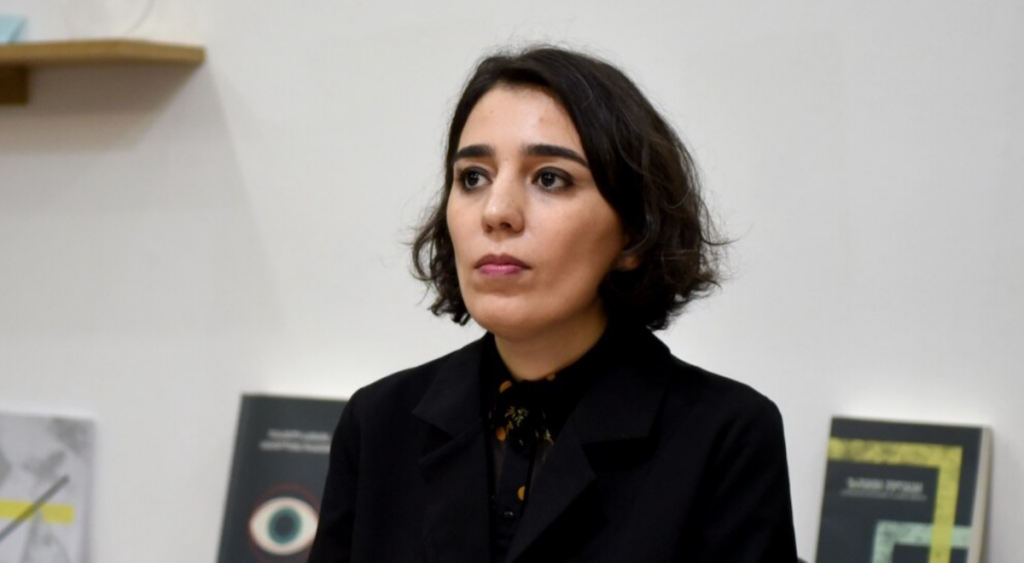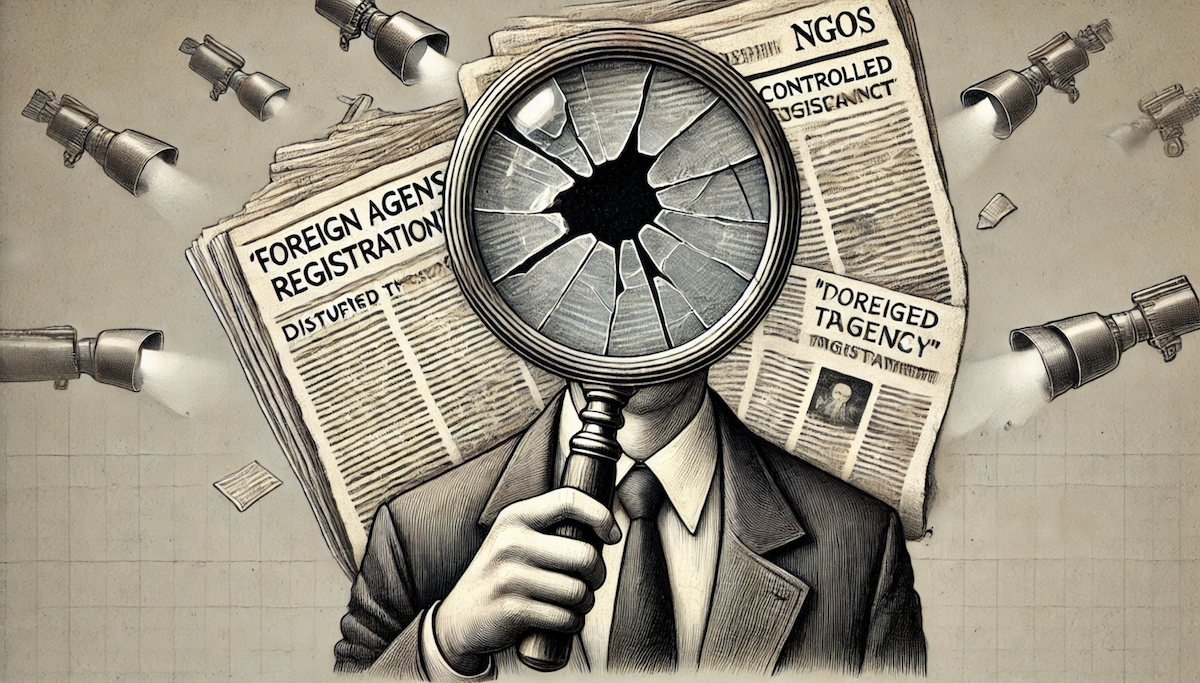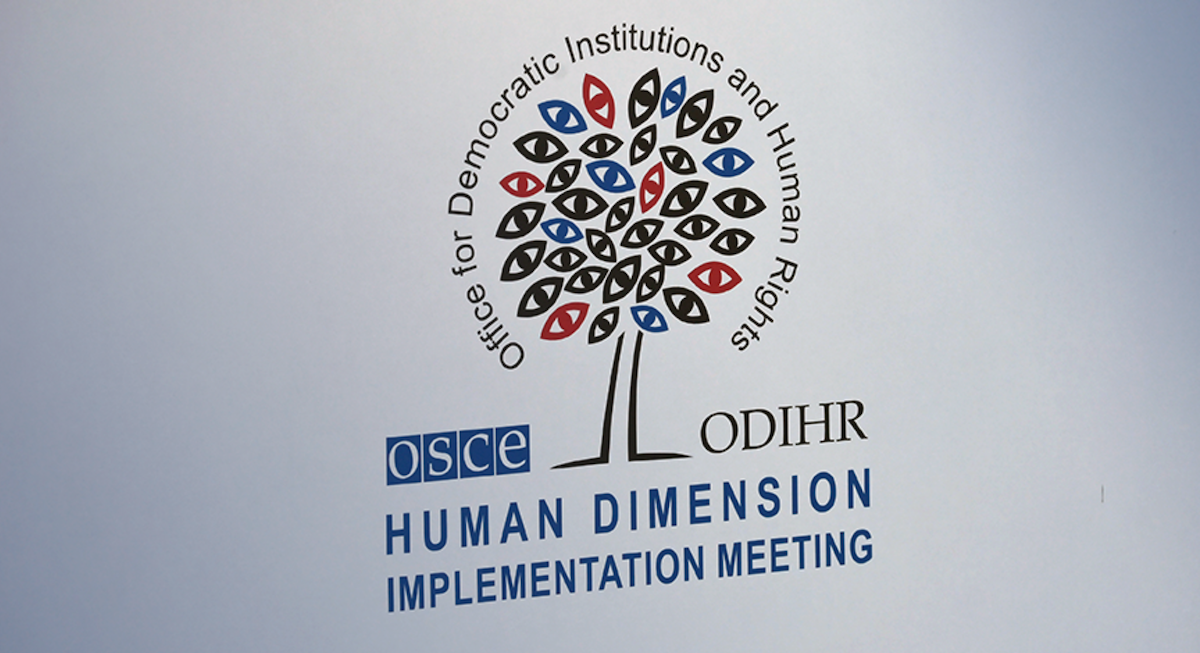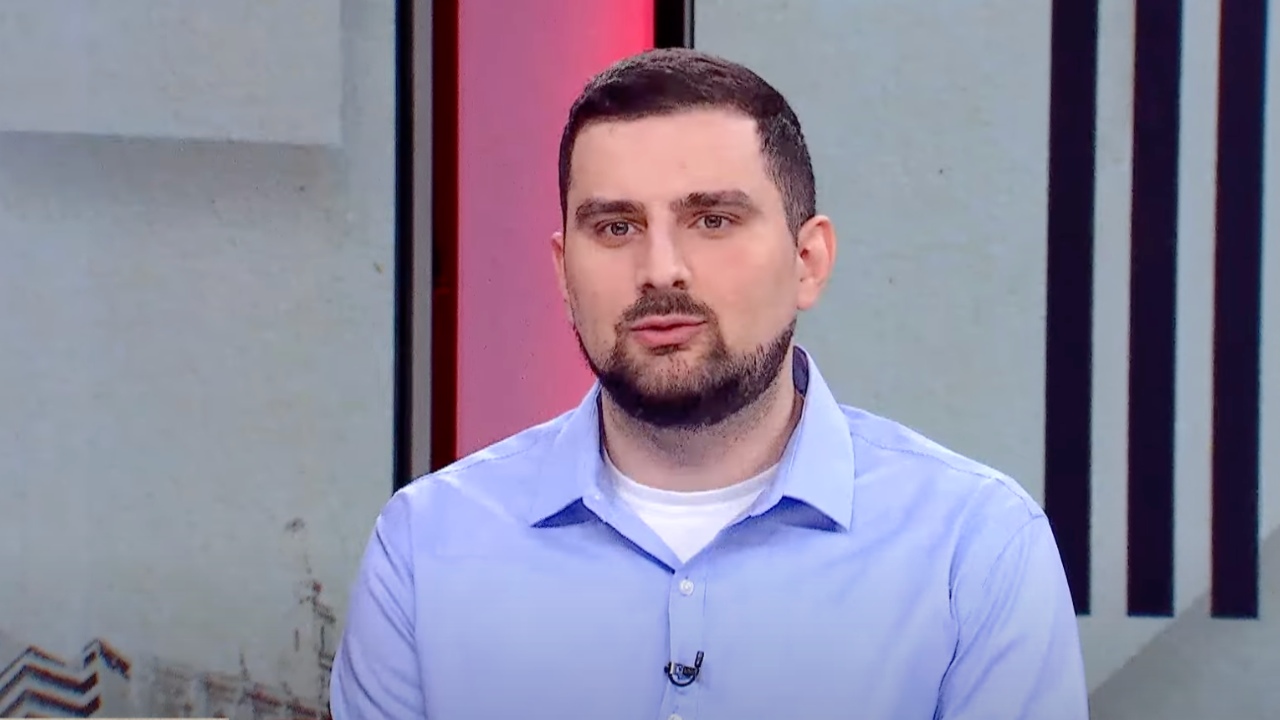Opinion: "FARA law is Georgian Dream's tool to silence speech and association"
The FARA law in Georgia
Commenting on the foreign agents law (modeled after the U.S. FARA) set to take effect in Georgia on May 31, Tamta Mikeladze, director of the Social Justice Center, says “the Anti-Corruption Bureau – tasked with enforcing the law – plans to operate outside the legal framework and effectively become a civil society police force.”
According to her, the ruling Georgian Dream party “intends to use the law as a tool to suppress freedom of speech and association.”
The foreign agents law, an almost exact copy of the U.S. Foreign Agents Registration Act (FARA), was passed by the Georgian Dream-led parliament on April 1, 2025. Authorities claim its purpose is to limit foreign interference in the country’s affairs and state institutions.
The law broadly defines “agents of foreign influence” as any individuals or organizations receiving foreign funding and engaging in civic, political, or informational activities. These actors must register, and failure to comply may result in fines or up to five years in prison.
Independent legal experts confirm the text is nearly identical to the U.S. FARA but say its intent has been completely altered. In the U.S., FARA deliberately excludes NGOs, media, and public-interest groups, applying only to actors under the direct control of foreign governments. Additionally, the U.S. has an independent judiciary, whereas in Georgia, enforcement falls under the Anti-Corruption Bureau, which lacks institutional independence.

Director of the Social Justice Center Tamta Mikeladze:
“At a meeting between civil society and media representatives with the Anti-Corruption Bureau on May 21, it became clear that the agency plans to operate entirely outside the legal framework and effectively act as a civil society police force.
It appears that Georgian Dream is determined to criminalize nearly any political or social expression made by a journalist, researcher, lawyer, artist, filmmaker, editor, or civil society representative—if they receive foreign funding.
The approach is simple: if you receive any foreign funding, express an opinion about government policy (in the broadest sense), and try to influence society (for example, by writing a post or sending an email to two or more people), then you are labeled a foreign agent, must declare this in all public communications, and register in the official database.
The Anti-Corruption Bureau doesn’t even plan to assess whether the expression is actually connected to the funding, let alone whether the donor has any control or directive power—as is required under the U.S. Foreign Agents Registration Act (FARA).
Although it is claimed that the law in Georgia will be applied according to U.S. practice, what representatives of the bureau are describing bears no resemblance to American standards or logic.
Georgian Dream is using this law as a weapon to destroy freedom of speech and association – and it is making threats. The party sees that civil society and the media, with their diversity and resilience, are the strongest sources of resistance, and it has set a goal of total, mass control and criminalization.
Moreover, the current threats to dismantle the media and civil society seem even more alarming than the authoritarian policies of Russia or Azerbaijan – so rapid and sweeping is their reach.
The real question is whether Georgian Dream’s regime will be able to turn these threats into reality, and what political, geopolitical, and social cost it will pay for doing so.”
News in Georgia





















